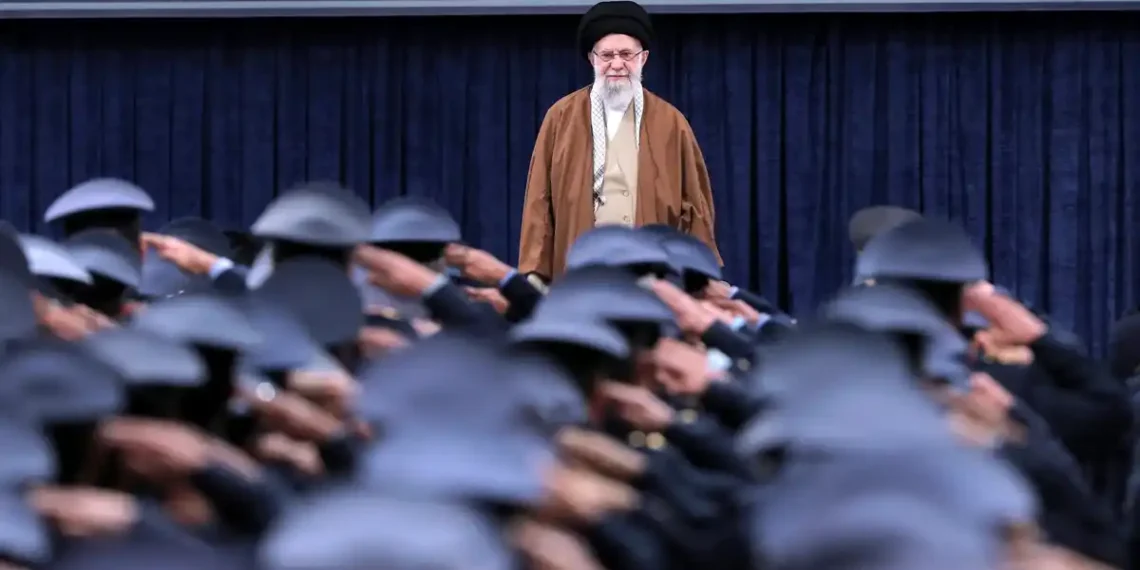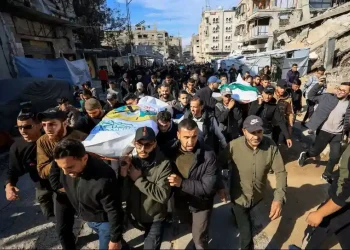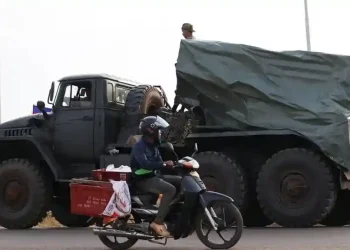Khamenei Vows Iran “Won’t Surrender” as Israel Eyes Endgame in Escalating Conflict
Iran’s Supreme Leader Ayatollah Ali Khamenei broke his silence Monday night with a defiant message: “We will not surrender to any aggression.” His statement came just hours after Iran fired missiles at a U.S. military base in Qatar — a retaliatory move that’s only further strained hopes for diplomacy in the region.
The missile strike on Al Udeid Air Base followed U.S. airstrikes on three of Iran’s major nuclear sites over the weekend. Though no casualties were reported, the message from Tehran was loud and clear: the fight isn’t over.
Khamenei Emerges with Defiant Warning
In his first public statement since the hostilities erupted, the 86-year-old Khamenei posted on X (formerly Twitter) that Iran was not the instigator of the conflict but would not tolerate being targeted.
“We will not surrender to any aggression. This is the logic behind the Iranian nation,” the post read.
Khamenei had reportedly gone into hiding since fighting began last Friday, complicating diplomatic efforts. U.S. officials say negotiations with Iran have stalled because Khamenei must personally approve any major decisions.
U.S. Frustrated by Stalled Talks, Iran Threatens More Retaliation
U.S. Special Envoy to the Middle East Steve Witkoff has maintained contact with Iranian officials since the strikes began, but meaningful talks have stalled. Iranian officials say retaliation will continue unless U.S. and Israeli attacks stop. “We can talk after we punish the aggressor,” one Iranian official told Reuters.
Meanwhile, President Trump took to Truth Social to downplay Iran’s response, calling it a “very weak retaliation.” He also slammed media reports questioning the extent of damage to Iran’s nuclear sites. “The sites we hit were totally destroyed,” Trump claimed. “Only the Fake News would say otherwise.”
Israel: The End May Be Near — But More Targets Remain
According to Israel’s Channel 12, Israeli officials are signaling they may be close to achieving their military objectives. Prime Minister Benjamin Netanyahu convened his security cabinet Monday to discuss next steps, even as reports suggest Israel is sending back-channel messages to Tehran, aiming to wind down the air and missile exchange within days.
Still, Israel is keeping its options open. Military officials say thousands of potential targets remain — especially infrastructure linked to Iran’s ballistic missile and nuclear programs. One Israeli source said they are using Lebanon as a model: neutralize hostile forces, prevent rebuilding, and keep pressure on.
Global Condemnation Mounts After Iran’s Qatar Strike
Iran’s missile attack on the U.S. base in Qatar drew swift condemnation from regional and global powers. While Iran claimed it targeted the base outside populated areas and gave Doha advance notice to avoid casualties, countries across the region weren’t convinced.
-
Qatar called the attack “a blatant violation of sovereignty” and reserved the right to respond proportionally.
-
France’s President Emmanuel Macron urged restraint and a return to diplomacy, calling the situation a “spiral of chaos.”
-
Saudi Arabia, the UAE, and the Palestinian Authority all denounced Iran’s actions, reaffirming support for Qatar.
Despite Tehran’s claims that the strike posed “no threat to our friendly and brotherly country,” the move is widely seen as a dangerous escalation.
What Triggered It All: U.S. Strikes on Iran’s Nuclear Sites
This latest round of hostilities kicked off early Sunday, when U.S. forces bombed Iran’s nuclear facilities in Fordo, Natanz, and Isfahan. Those strikes followed Israel’s June 13 preemptive attacks on Iranian missile infrastructure, generals, and nuclear scientists — after years of warnings that Tehran was inching closer to nuclear weapon capability.
While Iran has long denied pursuing nuclear arms, it continues enriching uranium to near-weapons-grade levels, has blocked international inspectors, and ramped up its missile development. Israel now claims Tehran has taken clear steps toward weaponization.
Iran’s earlier retaliation on Israel included launching over 550 ballistic missiles and 1,000 drones, which killed 24 civilians and injured thousands. Many of those missiles hit residential buildings, a hospital, and a university, causing widespread destruction.
This article was rewritten by JournosNews.com based on verified reporting from trusted sources. The content has been independently reviewed, fact-checked, and edited for accuracy, neutrality, tone, and global readability in accordance with Google News and AdSense standards.
All opinions, quotes, or statements from contributors, experts, or sourced organizations do not necessarily reflect the views of JournosNews.com. JournosNews.com maintains full editorial independence from any external funders, sponsors, or organizations.
Stay informed with JournosNews.com — your trusted source for verified global reporting and in-depth analysis. Follow us on Google News, BlueSky, and X for real-time updates.














